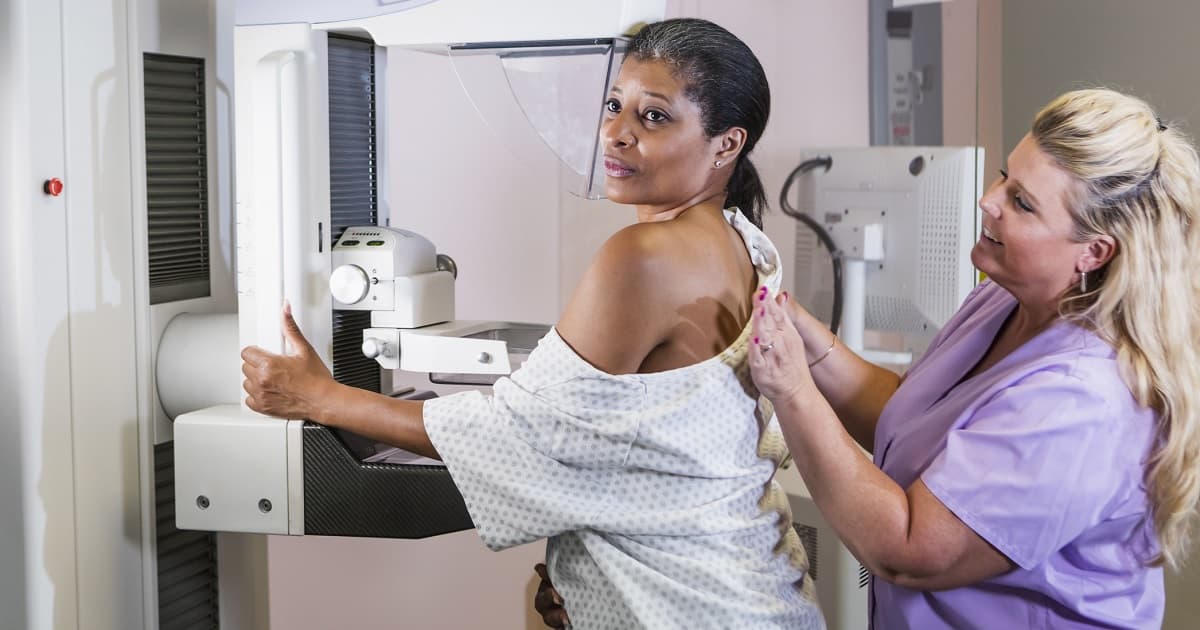Most people are hesitant to schedule cancer screening due to fear of positive results. However, living in ignorance is not any better. Knowing your tests results is usually the first step in eradicating the disease. It is normal to get depressed or overwhelmed when the results are not in your favor. But on the flip side, early cancer detection helps prevent cancer from spreading. Treating the disease during its onset stages is easier, less costly, and enhances your chances of survival. You should talk with your doctor at Life Imaging Fla to understand what cancer screening involves.
Cancer screening tests
Mammography
A mammogram is a test that can screen for cancer in women with no breast complaints or can be used for diagnostic purposes. It involves the use of x-rays which produce internal images of your breast’s structure. The test can show abnormalities in the breasts, such as a lump but cannot establish the presence of cancer. Additional tests such as biopsies can be done to determine whether the tumors are cancerous. The testing process is not painful, but you may experience slight discomfort as the plates press against your breast. Although the process is generally safe, discuss it with your doctor, especially pregnant, as the x-rays could cause congenital disabilities.
Colonoscopy
A colonoscopy is a test used to check for abnormalities or changes in your large intestines and rectum. The test is minimally invasive, where the doctor uses a colonoscope to view the inside of the colon. If there is a presence of abnormal growths, a biopsy may be required for close examination. Individuals aged 50 and above and those at risk for colorectal cancer should get screened regularly. As part of the preparations before testing, your specialist may advise you to avoid eating solid foods and stick to liquids. You may also need to take a laxative that helps empty your bowel the night before or the morning of the procedure. Although complications hardly occur, there is a possibility of a perforation in the colon, bleeding, and reaction to the sedative used.
Pap smear
It is used to test for cervical cancer, but it can also detect abnormal cells that are not necessarily cancerous. Getting a Pap smear test is the first step to preventing or stopping the development of cervical cancer. One of the significant downsides of a Pap test is that abnormal cells could go undetected. This does not imply the test was wrongly conducted, but it could be due to a small number of abnormal cells and inadequate cells collection. However, since cancer cells take time to develop, the next test may detect any abnormal cells.
Low-dose helical CT
It is a lung screening test used to detect cancer in the lungs of healthy people who are at risk for the disease. Examples include older adults and chronic smokers. During the test, you will need to lie flat and remain still on a table as it passes through a machine. You are required to hold your breath during scanning for clarity in test results.
If you want to get screened for cancer, book a session with your doctor today at Life Imaging Fla.





